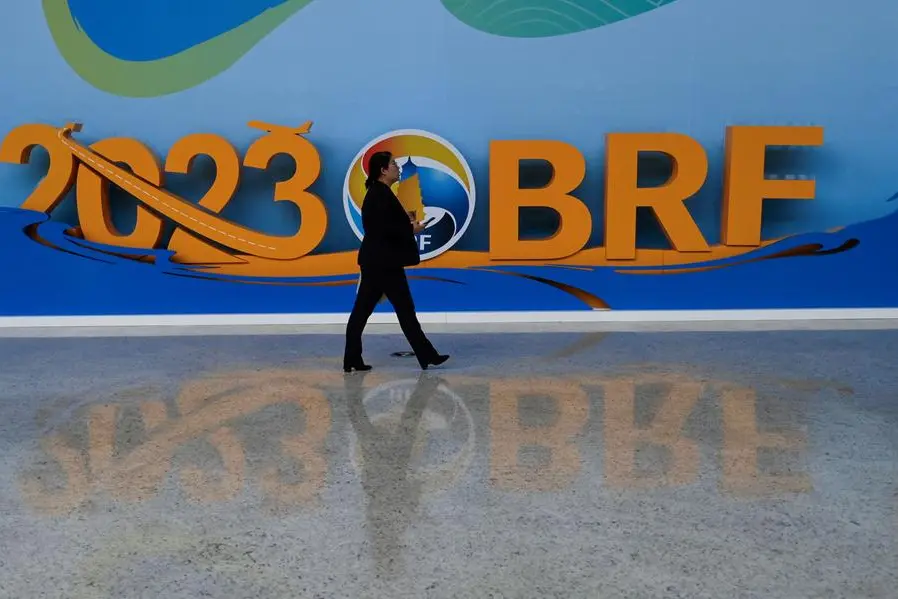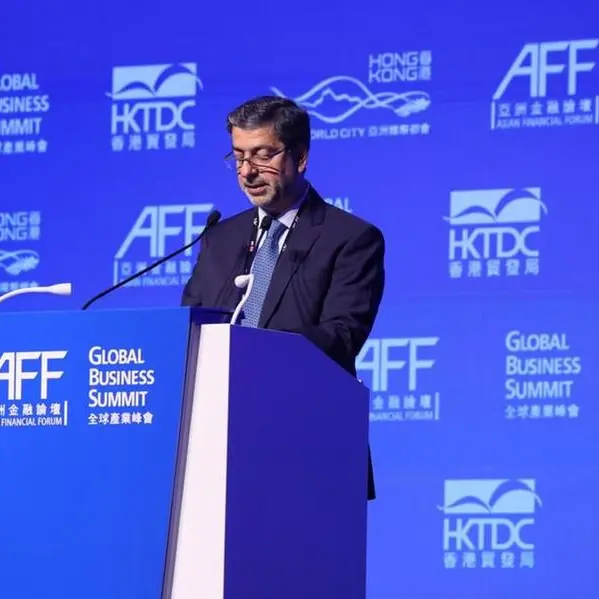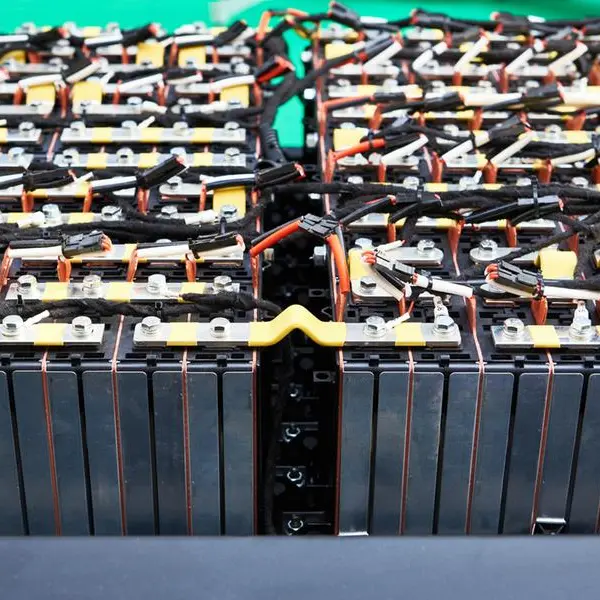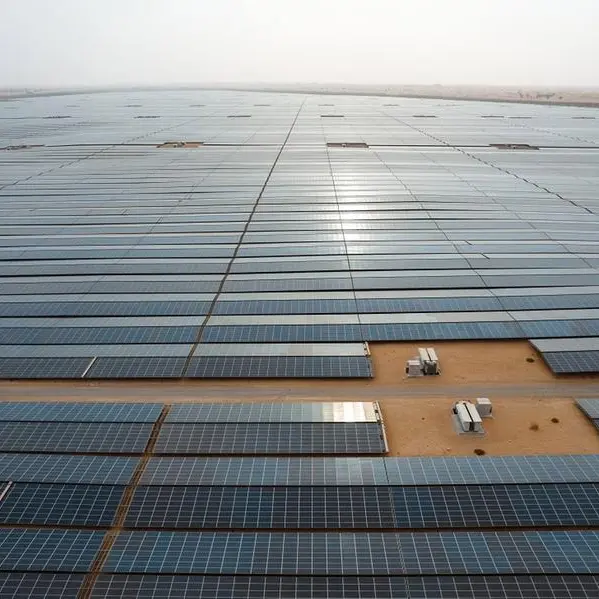PHOTO
Beijing's Belt and Road Initiative has been criticised for saddling poor countries with enormous debt and causing environmental harm, while proponents hail it for bringing resources and economic growth to the Global South.
As representatives of 130 countries gather for a summit in Beijing to mark a decade of the project, AFP looks at some of the key issues surrounding the massive infrastructure project:
- Debt, opaque costs -
The Belt and Road is a landmark project in President Xi Jinping's bid to expand China's clout overseas, with Beijing saying it has now inked over two trillion dollars in contracts around the world.
Its most high-profile projects have laid down high-speed rail tracks crisscrossing South East Asia and massive transport, energy and infrastructure works through Central Asia.
But the flip side of the massive infrastructure spending is the huge debts incurred by participating countries.
China said this month that BRI participants owe more than $300 billion to the Export-Import Bank of China.
And BRI nations were hit especially hard during the Covid-19 pandemic as soaring inflation and interest rates hurt their ability to repay debts.
Critics have also pointed to opaque pricing for the projects built by Chinese companies, with countries including Malaysia and Myanmar renegotiating BRI deals to bring down costs.
Residents of BRI nations have also complained that the majority of jobs at infrastructure projects are being done by Chinese workers who send their wages home rather than spend them in local businesses.
China has been forced to hand out billions of dollars in bailout loans to BRI countries in recent years to allow the countries to extend their loans and remain solvent, according to a joint report this year by the World Bank and other institutions.
- Chinese influence -
The BRI has functioned as a diplomatic vehicle burnishing China's image as leader of the global South, while giving Chinese infrastructure firms a foothold in many emerging economies.
That has fueled concerns, especially among Western nations, that China is seeking to rebuild the global world order to its advantage, while opposition voices in BRI countries have also decried what they see as increasing Chinese influence in local politics.
Meanwhile, Washington has warned that China could use the initiative as a pretext to build up military bases around the world in the name of protecting BRI investments.
- Environmental concerns -
The initiative has also drawn scrutiny for its massive carbon footprint and the environmental degradation caused by massive infrastructure projects.
The development of megaports, pipelines, railways and highways could render the Paris climate goals unreachable, researchers from China, the United States and the United Kingdom warned in 2019.
Meanwhile, a report by experts at Boston University's Global Development Policy warned that Chinese-led hard infrastructure projects carry higher risks to indigenous lands and ecosystems due to the country's "relative newcomer status in global development finance and its early stages of developing environmental and social risk management due diligence policies and procedures".
China has sought to allay environmental fears, promising in 2021 not to build new coal power plants abroad, though many previously agreed projects are still in progress.
- Economic benefits -
China argues that the BRI brings "high-quality development" to partner countries -- insisting that while Western projects offer only short-term aid to the Global South, Beijing provides for long-term opportunities with lasting impact.
The Boston University researchers noted the BRI's role in providing "additional resources for the Global South" and fostering "significant economic growth".
"Chinese overseas development finance has been much more focused on industrial and infrastructure lending," they said.
"Chinese finance is thus more associated with economic growth, addressing infrastructure bottlenecks and increased energy access."
The World Bank has also said that BRI transport projects -- including railway lines and highways -- "substantially improve trade, foreign investment, and living conditions for citizens in participating countries".
BRI transport projects, if fully implemented, could raise global income by 0.7 to 2.9 percent, the World Bank estimates.





















